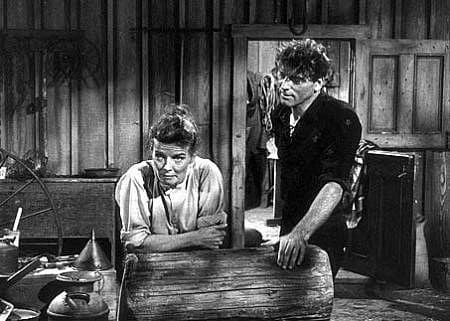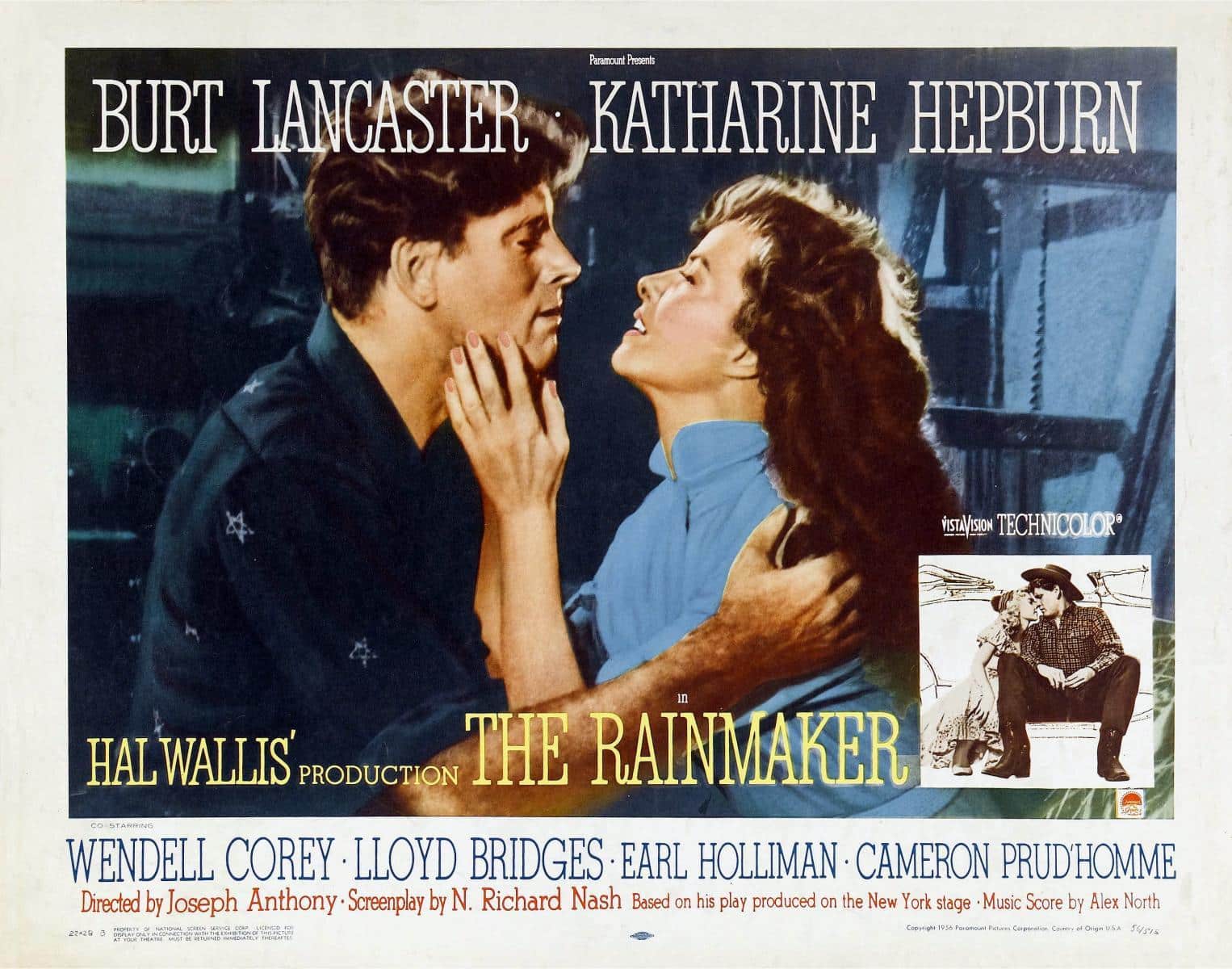“The Rainmaker” (1956) is a cinematic gem that continues to captivate audiences with its timeless themes and compelling narrative. Directed by Joseph Anthony, this classic film adaptation of N. Richard Nash’s play explores the intricate dynamics of hope, love, and self-discovery. As we delve into its core themes, we uncover why “The Rainmaker” (Movies Like The Rainmaker) remains a significant piece of classic cinema.
Hope and Belief
At the heart of “The Rainmaker” lies the theme of hope and belief. The story is set during a drought-stricken period in the American Midwest, where townspeople are desperate for rain. Enter Bill Starbuck, a charismatic con man who promises to bring rain in exchange for $100. Starbuck’s arrival injects a sense of hope into the community, illustrating how belief can inspire people to transcend their immediate reality. His character serves as a catalyst for change, urging individuals to see beyond their limitations.
Movies Like The Rainmaker: Love and Acceptance
Another prominent theme in “The Rainmaker” is love and acceptance. The film focuses on the Curry family, particularly Lizzie Curry, who struggles with feelings of inadequacy and loneliness. Lizzie’s journey towards self-acceptance is intertwined with her interactions with Starbuck, who sees beauty and potential in her where she sees none. This relationship highlights the transformative power of love and acceptance, emphasizing how genuine connections can lead to personal growth.
Self-Discovery
“The Rainmaker” also delves into the theme of self-discovery. Lizzie’s internal conflict and eventual transformation are central to the narrative. Throughout the film, she grapples with societal expectations and her own self-doubt. Starbuck’s influence encourages Lizzie to embrace her individuality, ultimately leading her to a path of self-realization. This theme resonates with audiences as it mirrors the universal journey of finding one’s true self amidst external pressures.
Movies Like The Rainmaker: The Power of Illusion
The film cleverly explores the power of illusion and its impact on human behavior. Starbuck’s rainmaking promise, though seemingly fraudulent, brings about real change in the characters’ lives. This theme raises questions about the nature of reality and the power of belief to shape one’s experiences. It suggests that sometimes, the illusion of change can be as potent as change itself, prompting viewers to reflect on the illusions they hold in their own lives.
Conclusion
“The Rainmaker” (1956) remains a poignant exploration of themes that are as relevant today as they were during its release. Through its examination of hope, love, self-discovery, and illusion, the film invites audiences to reflect on their own lives and the beliefs that drive them. Its enduring appeal lies in its ability to resonate with viewers on a deeply personal level, solidifying its place in the pantheon of classic cinema. Whether you are a seasoned film enthusiast or new to the genre, “The Rainmaker” offers a thought-provoking journey that continues to inspire and captivate.


